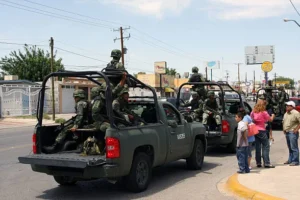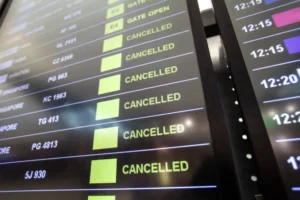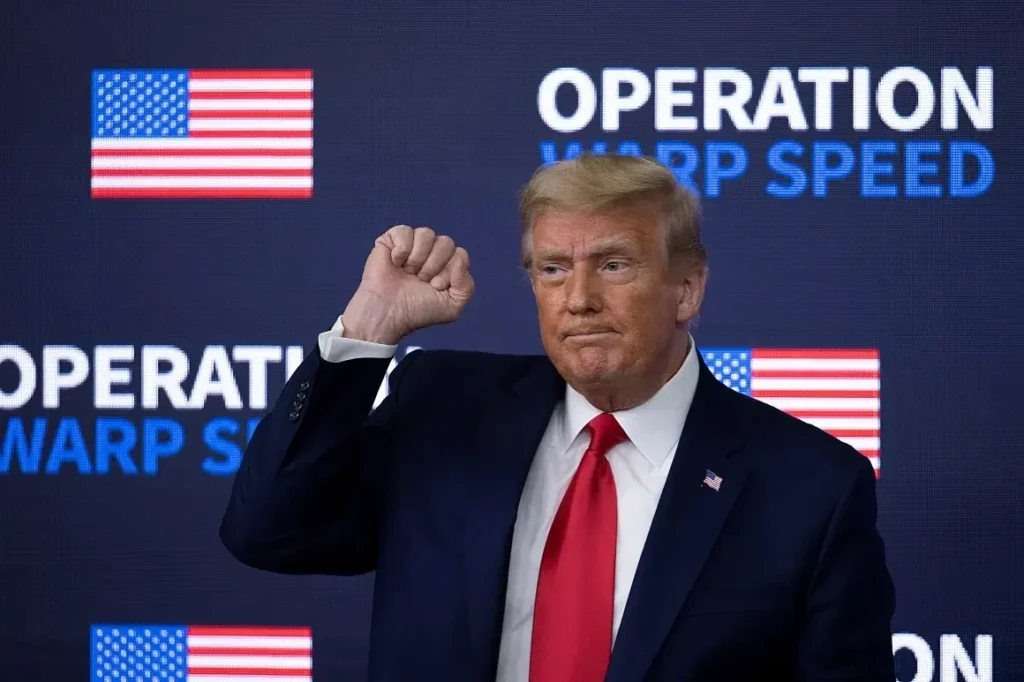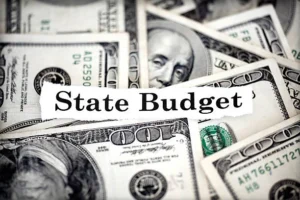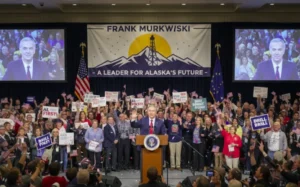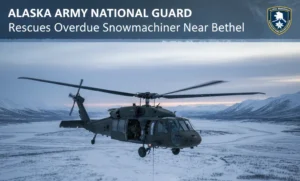Donald Trump renewed the sanctions threat on Russia, warning of severe consequences if peace efforts in Ukraine failed to make progress. Trump told reporters he would decide between massive sanctions, heavy tariffs, or doing nothing, depending on Moscow’s actions.
His frustration followed a Russian strike on an American-owned Ukrainian factory that injured workers and sparked anger within Washington’s leadership circle. After discussing peace initiatives with Putin in Alaska, Trump previously announced he was arranging a meeting between Vladimir Putin and Volodymyr Zelenskyy.
Zelenskyy continued urging Putin to meet, describing direct talks as the only viable path toward negotiating an end to the war. However, Russian foreign minister Sergei Lavrov dismissed speculation, insisting no meeting was scheduled and claiming the agenda for such talks remained unfinished.
Moscow’s refusal undermined Trump’s claims of diplomatic progress, mainly after he showcased photographs of his Alaska meeting with Putin to reporters. Putin’s visit to a nuclear research center signaled optimism about improving US-Russia relations, saying their Alaska discussion had been meaningful and constructive.
He suggested the following steps depended on Trump’s leadership qualities, portraying confidence in Washington’s ability to rebuild cooperation despite continued battlefield violence. Russia still demanded Ukraine cede territory in eastern and southern regions, offering limited concessions while maintaining ambitions to solidify control over occupied areas.
Zelenskyy dropped demands for an extended ceasefire before talks but continued warning that Ukraine could not negotiate under Russian military threats. European leaders joined Zelenskyy at the White House earlier this week, pressing the United States to secure lasting guarantees for Ukraine’s safety.
Trump claimed Russia accepted limited Western security guarantees for Kyiv, but Lavrov dismissed those discussions as meaningless without Moscow’s direct involvement. Zelenskyy argued Russia’s posture revealed its true intentions, accusing Moscow of prolonging the conflict while avoiding direct negotiations on a lasting settlement.


